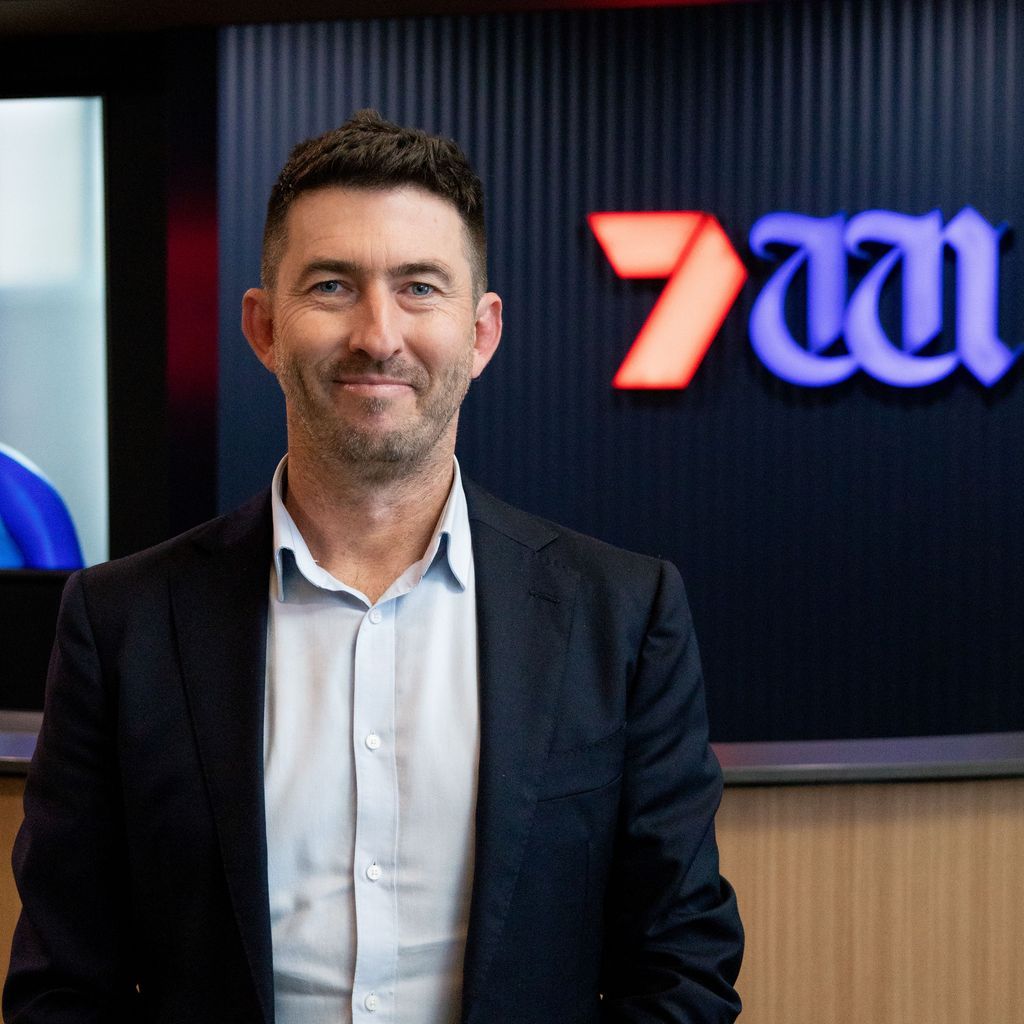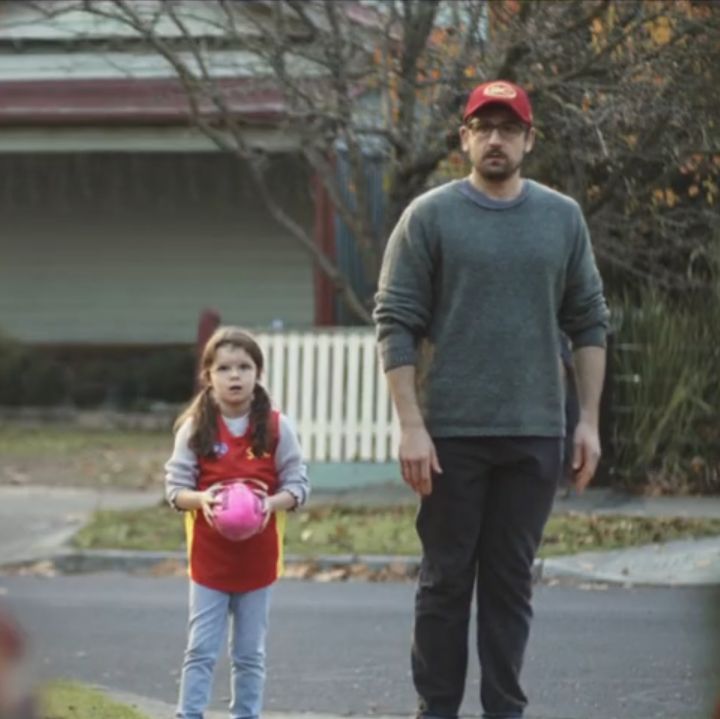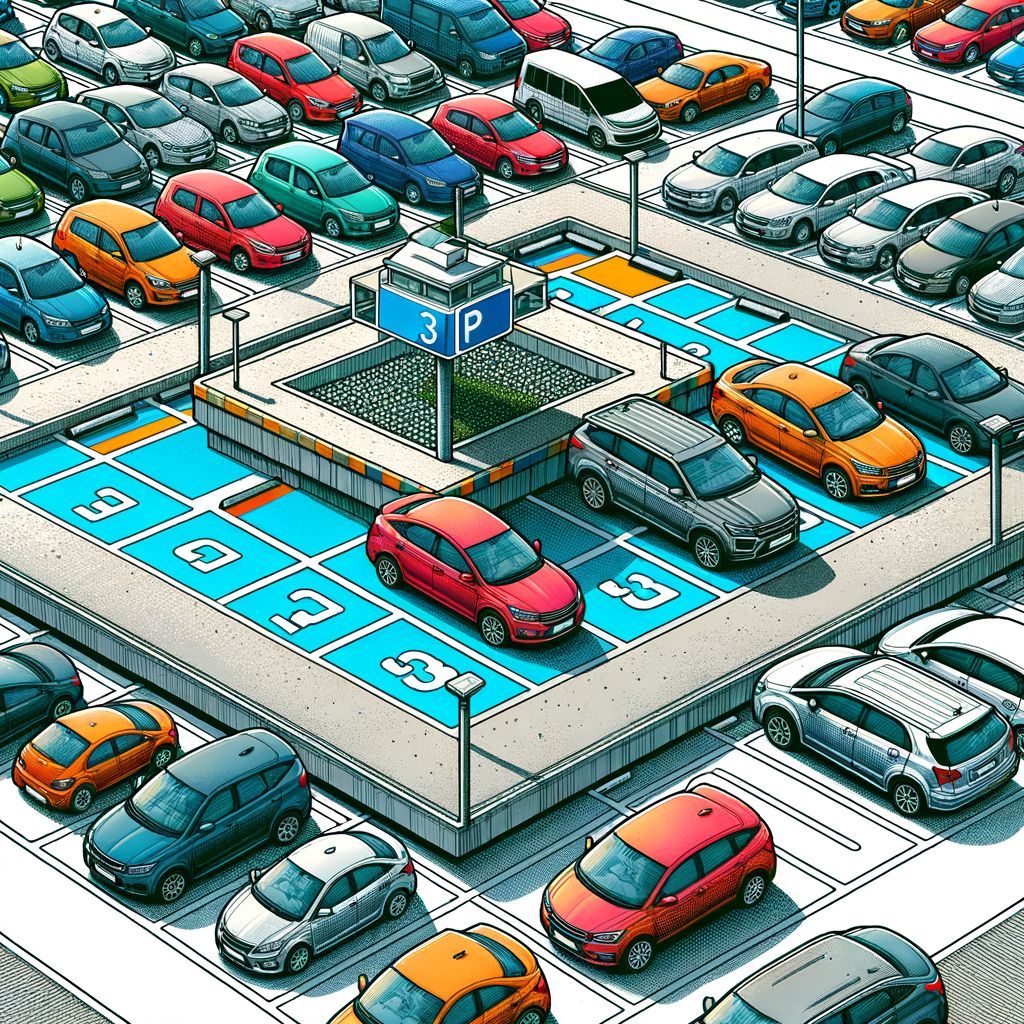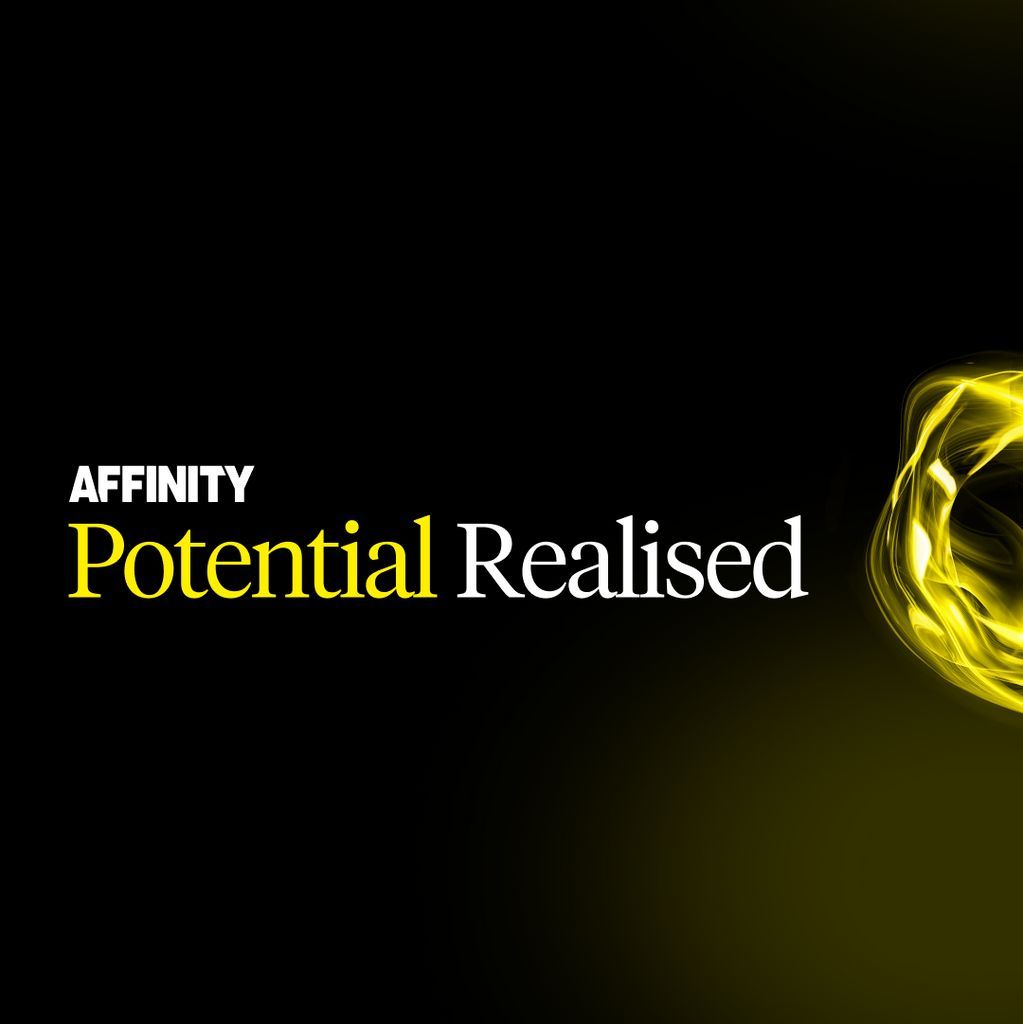

Image by DALL·E Pic: Midjourney
Editors' Note: Many Fast News images are stylised illustrations generated by Dall-E. Photorealism is not intended. View as early and evolving AI art!

Broadcasting's future,
A shift, not a 'lights out' end,
Hybrid users trend.

Comms Minister says Australia's broadcasting future involves a shift, not a 'lights out' moment
Communications Minister Michelle Rowland has delivered a speech on the future of broadcasting and spectrum in Australia, acknowledging the integral role of free-to-air television services in the country's media ecosystem. Rowland dismissed the idea of a 'lights out' moment for broadcasting, despite the ongoing shift from linear content consumption to on-demand. She emphasised that most Australians are hybrid users, utilising on-demand services alongside linear consumption.
Rowland highlighted the reliability and service provision of terrestrial and satellite broadcasting networks, which she claimed are not yet possible in the online environment. However, she also acknowledged that the future of broadcasting will require changes to how broadcasters operate and reach their audiences.
Rowland warned that free-to-air television broadcasting is entering a period of unmanaged transition, with consumer consumption preferences and falling revenue putting some broadcasters in a position where they can't keep certain services open. She cited the closure of Mildura Digital Television in July as an example of this trend.
"I am not announcing that the Government has identified, or decided to yield, a digital dividend. I am announcing that Government will commence the process of exploring these pathways, in consultation with industry, and that this will commence in earnest, with a discussion paper, early next year," Rowland said.
The process will consider the role and capabilities of broadband infrastructure, acknowledging the significant and growing reliance on telecommunications networks for television and video streaming. It will also consider the role of spectrum pricing as the Government assesses the future spectrum needs of broadcasting.
"A central goal of our media reform program is to support the important role of free-to-air television broadcasting in Australian society... But there is significant uncertainty as to what television broadcasting will look like in 10, or 20 years. What we can be sure of, is that it will not be what it is now," Rowland stated.










